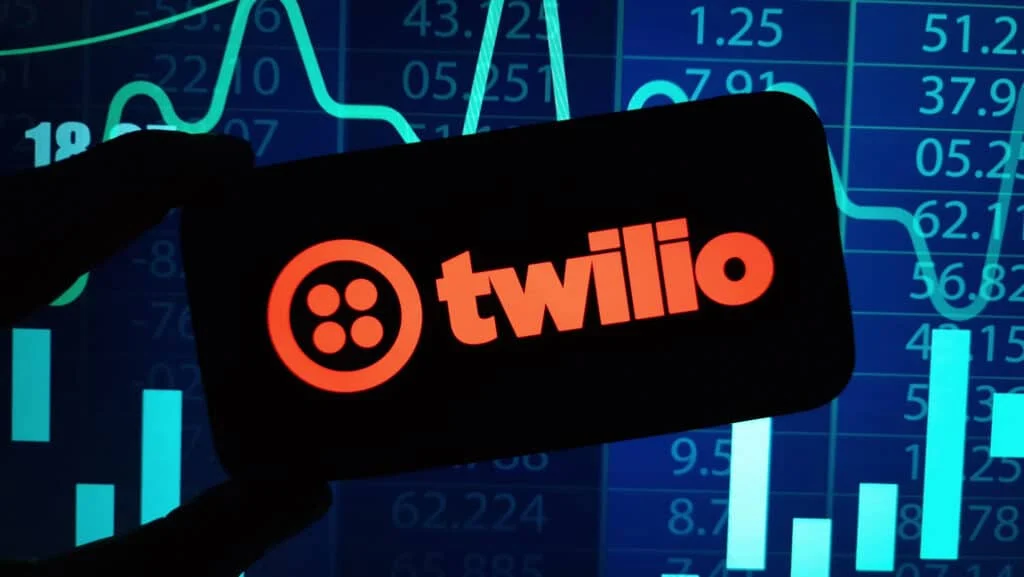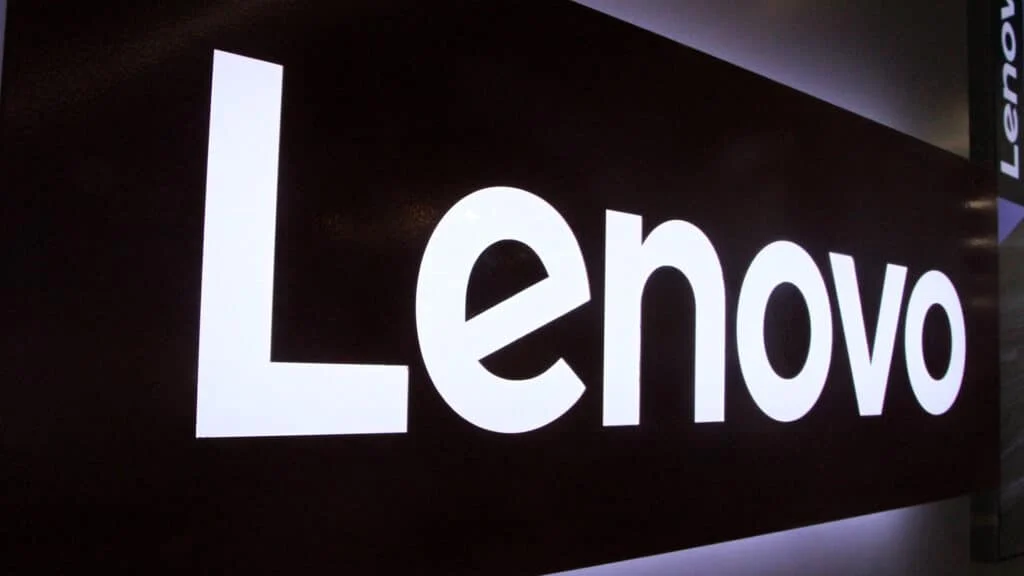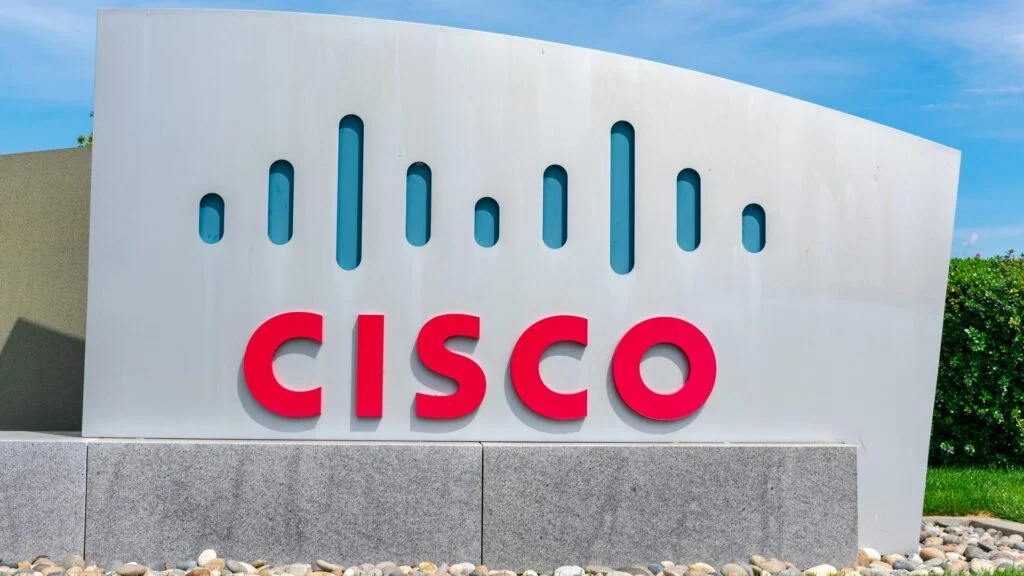The News: Google and NetApp launched Google Cloud NetApp Volumes, a jointly-developed Google managed service based on NetApp ONTAP storage. You can read the full announcement on the NetApp blog.
Google Cloud NetApp Volumes Is Launched
Analyst Take: Google Cloud NetApp Volumes is a first-party cloud service, which means the NetApp technology runs natively in Google Cloud (GC), and Google sells and manages it. Along with Azure NetApp Files (ANF) and AWS FSx for NetApp ONTAP, NetApp now has first-party partnerships with the three major hyperscalers.
GC NetApp Volumes marries NetApp’s ONTAP multiprotocol file storage and data management (snapshots, volume copies, volume replication, backup, etc.) with GC services such as identity access management, the GC API, managed Active Directory for Windows file servers, and encryption for data in transit and at rest. As a first-party Google service, customers can use Google Cloud credits to buy NetApp Volumes.
The Google-NetApp cloud relationship dates to 2018 when NetApp Cloud Volumes ONTAP (CVO) became available as a customer-managed option through Google Marketplace. The next year, NetApp Cloud Volumes Service (CVS) – managed by NetApp – became available on Google Cloud. NetApp will support CVS for Google Cloud for an indefinite period, but NetApp plans to transition existing customers to the Google-managed NetApp Volumes eventually.
GC NetApp Volumes has Standard, Premium, and Extreme service levels. Standard has similar performance as CVS – from 16 MiB/s per TiB to maximum throughput of 1 GiB/s. That capability compares to 64MiB/s per TiB to 4.5 GiB/s for Premium and 128 MiB/s per TiB to 4.5 GiB/s for Extreme. Standard has a maximum storage pool of 100 TiB, with the other tiers supporting 500 TiB. All three tiers support volume sizes up to 100 TiB. Pricing starts at $0.20 per GiB for Standard, $0.29 per GiB for Premium and $0.30 per GiB for Extreme. GC NetApp Volumes Premium and Extreme are generally available, with Standard expected in 14 Google regions in October and all regions in the first quarter of 2024.
Google also has its own file-based Filestore service, but Filestore and NetApp Volumes have different use cases. Because NetApp ONTAP supports NFS and the SMB protocol used by Windows applications (Filestore is NFS-only), Google and NetApp see data sharing for Windows applications as the sweet spot for NetApp Volumes. That functionality includes user and group shares, shared storage for Microsoft SQL, SAP shared files, and VDI workloads. Another use case is consolidating many distributed Windows file servers into a single cloud footprint with a global namespace, caching data locally. NetApp Volumes are also a good fit for NFS Linux applications and VMware environments.
Google Filestore also has three services with distinct use cases. GC Filestore Basic is for file sharing, Google Kubernetes Engine (GKE), software development, and web hosting. Filestore Zonal (formerly Filestore High Scale) is for high performance computing (HPC), financial modeling, and analytics, and Filestore Regional (formerly Filestore Enterprise) is for critical applications and GKE.
NetApp is at the forefront among storage vendors when it comes to integrating with the major public clouds. Other vendors are moving in that direction. Dell launched APEX Block Storage for AWS and Azure and APEX File Storage for AWS at Dell Tech World in June. Those APEX services allow customers to run Dell-powered storage in public clouds. And this week, Pure Storage said it is about to go into public preview with Pure Cloud Block Store for Azure VMware Solution (AVS), which makes Cloud Block Store an external storage option for AVS. I expect to see more of these types of integrations, but NetApp is still leading the way for storage vendors in this area.
Disclosure: The Futurum Group is a research and advisory firm that engages or has engaged in research, analysis, and advisory services with many technology companies, including those mentioned in this article. The author does not hold any equity positions with any company mentioned in this article.
Analysis and opinions expressed herein are specific to the analyst individually and data and other information that might have been provided for validation, not those of The Futurum Group as a whole.
Other Insights from The Futurum Group:
The Six Five Team Discusses Latest Google Earnings
NetApp: Building a Moat Around Data Services
Author Information
Dave focuses on the rapidly evolving integrated infrastructure and cloud storage markets.







